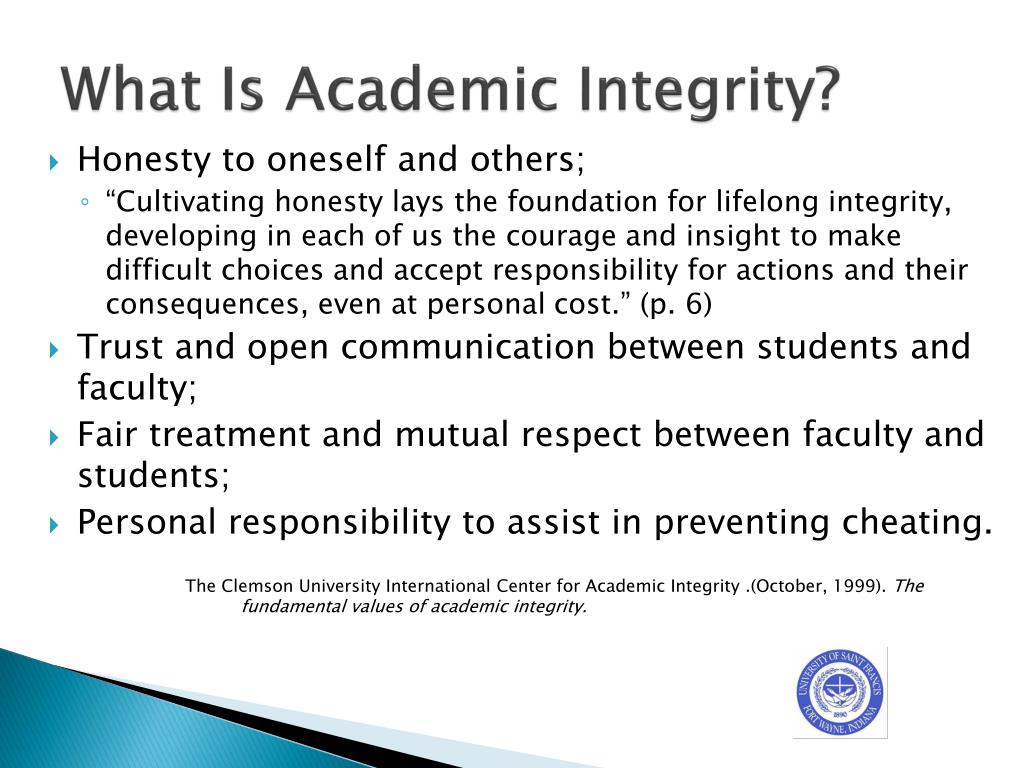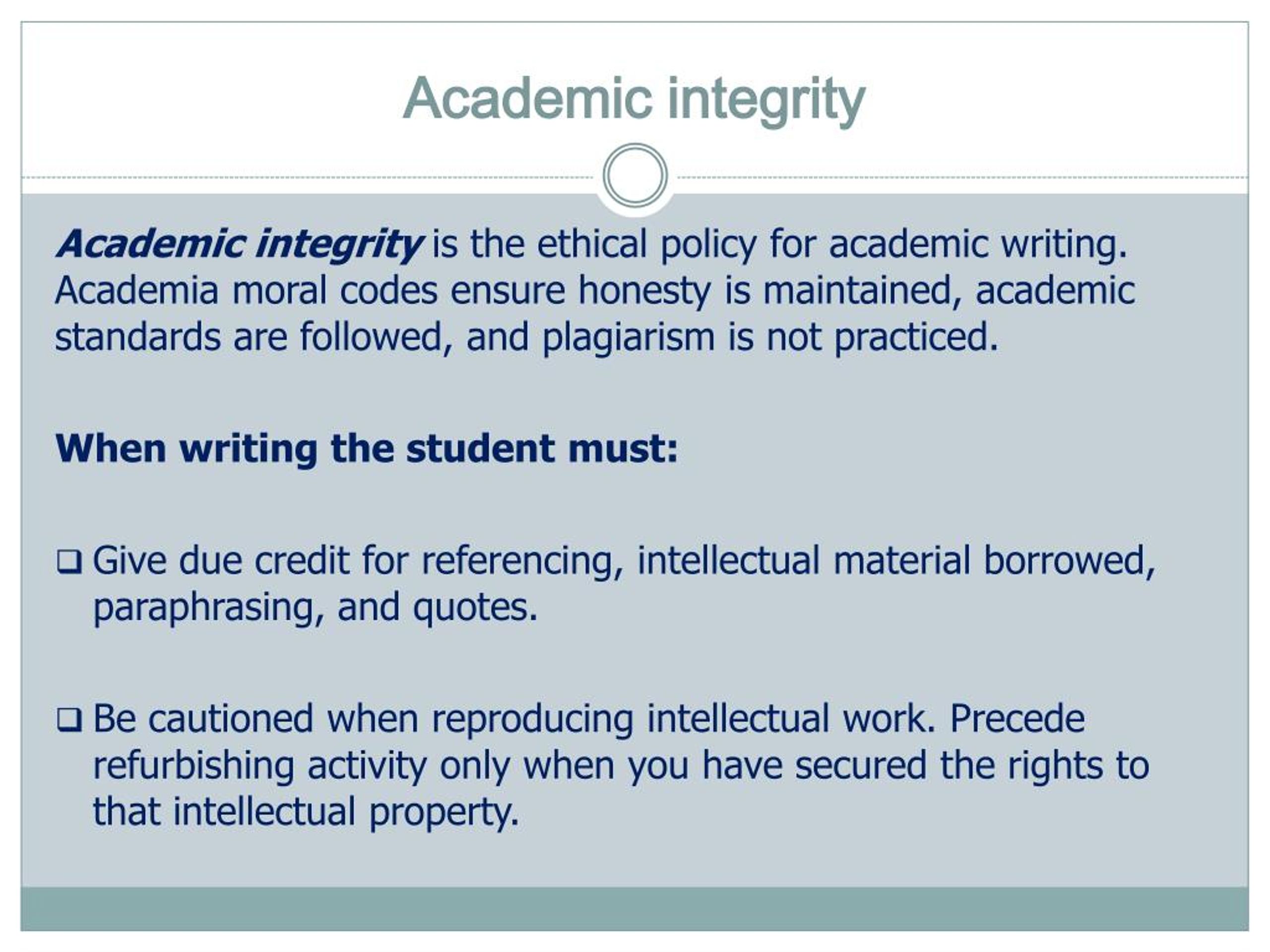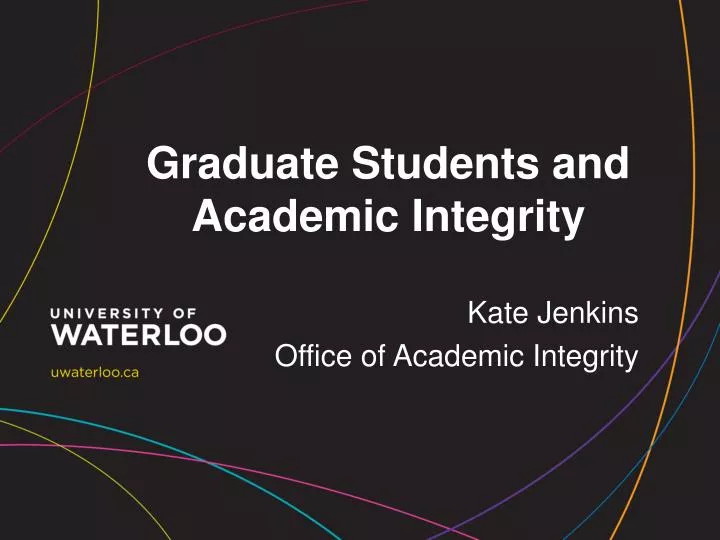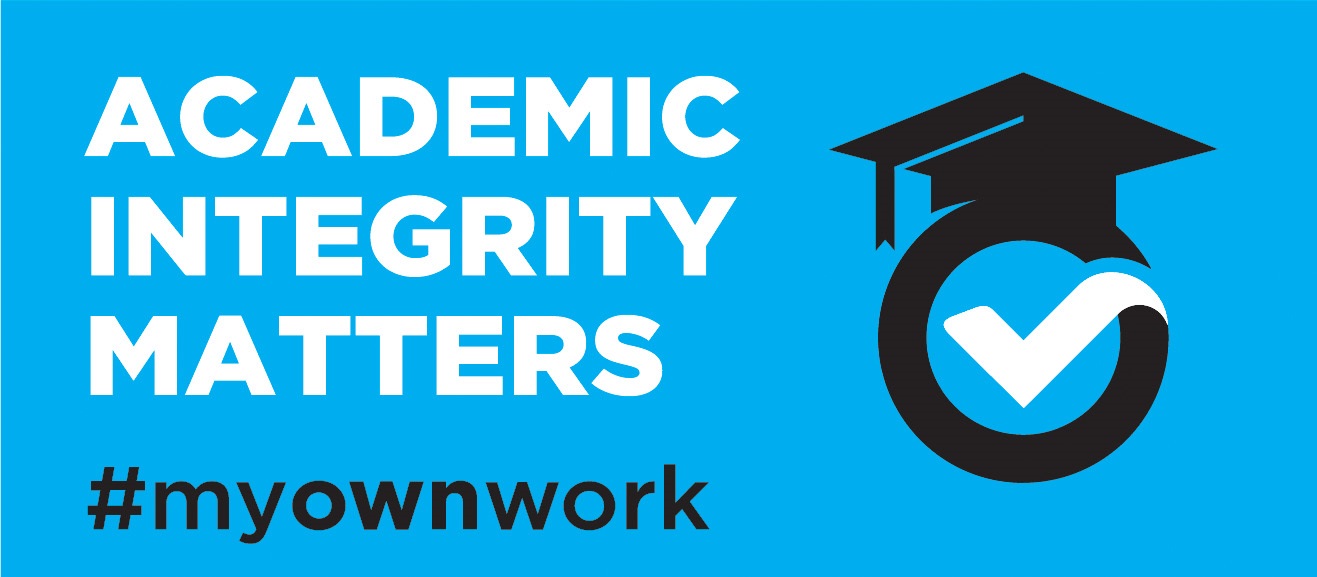

Using material from other sources is appropriate for background research to write an essay or report, for example. Don’t share your individual work with anyone, because you could be accused of plagiarism if part of your work is copied, with or without your permission, and submitted by another student. When you’re working individually, properly document all your source material and reference it. Practice summarizing the concepts for each other and asking each other questions. While studying for exams and similar assessments, find another student or study group to work with.

When in doubt, ask your professor beforehand.

Open-book assessment can mean viewing just the textbook, the textbook and your notes, or any resource. Closed-book exams must be done without using anything but your own mind. Some assessments are open book others are closed. Many exams and similar assessments are done individually, without you consulting or working with others, but there are others where collaboration is encouraged. Written tests, exams and similar assessmentsīe sure to check the expectations for assessments. Furthermore, these companies have been known to blackmail students for more money. This is a serious form of academic fraud subject to the associated processes and consequences. Each member is responsible for the integrity of the final product and should read the final version, save a copy and check the referencing of sources in all sections of the work.īeware! An increasing number of companies offer you answers to exam questions (e.g., Chegg) or write your essays for you, for a price. The workload should be fairly distributed. When group work is authorized by your professor, all group members contribute to the final product and everyone’s contribution should be acknowledged. Learn about situations when collaboration is allowed (like studying with friends before a test) and not allowed (like writing an individual report for or with someone else). Permission to use textbooks or other resources like the web, getting help and asking questions may also vary. In a course, for example, collaboration may be permitted for some assessments but not others. The integrity of some actions depends on the context. Neither is falsifying information, making up data, plagiarism, submitting the same assignment or other work in more than one course, helping someone commit misconduct, copying some else’s work or conducting a study with human participants before receiving research ethics board approval.

Paying or asking someone to do your work isn’t integrity. It also means doing your work according to expectations and asking your professor or teaching assistant for help or clarification. Working with integrity means, for example, always citing your sources and working with authentic data. There’s a good reason one of them is courage!Īs you build your academic integrity skills, you’ll be well on your way to developing uOCompetencies, the skills uOttawa believes every student should graduate with. Keep working to uphold the six values of academic integrity: honesty, trust, fairness, respect, responsibility and courage. Remember: You're preparing for your career! You can also get support through the library. They include the Academic Writing Help Centre (scroll down to “Writing appointments”) and our mentors (scroll down to “Mentoring appointments”). It’s okay to ask questions! Many uOttawa services are here to help you on the Academic GPS. Whatever happens, have the courage to maintain your academic integrity and keep working authentically. Where I find resources, and people I can talk toīehind on your studying or assignments? Feeling the pressure to commit academic fraud? Talk to your professor! See if an extension or alternate assessment is possible.


 0 kommentar(er)
0 kommentar(er)
